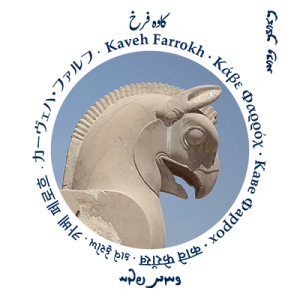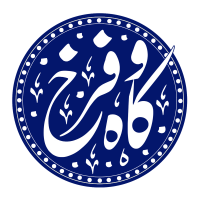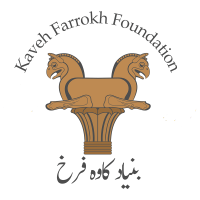Dr. Manouchehr Moshtagh Khorasani’s new book, is based on his PhD in English linguistics and has now been published in the renowned series Linguistic Insights. This work opens an entirely new area of research in the study of conflicts and controversies in an online environment. Numeours books and articles in different disciplines, such as linguistics, psychology, communication studies, social sciences, military and peace studies, and strategy analysis, have been written on this subject, but no research has been done on internet/online controversies and conflicts. This makes Dr. Khorasani’s work both a pioneering piece of research as well as a primary reference source in the domain.
Millions of people worldwide are involved in the virtual world and experience all types of human interaction in an online version. They contact each other, make friends, exchange information and have conflicts and controversies. The latter gives many people involved sleepless nights the same phenomenon and feelings that are experienced in the real, physical world. In the absense of facial expressions and additionaly because people do not see obliged to follow social norms and etiquettes, online controversies and conflicts even tends to be very aggressive and even brutal. Any person who has been active in an online discussion forum or a chatroom can attest this.
Dr. Manouchehr Moshtagh Khorasani’s central question is:
“Has the internet changed the nature of conducting controversies?”
The book provides an in-depth analysis of controversies in Early Modern Period and the applied strategies and moves used by people involved in writing pamphlets. This serves as a framework to be used and compared to two controversial threads on online discussion forums dedicated to the study of arms and armor that are competently analyzed during the course of the book. Thus, this volume describes the communicative background of two online discussion forums dedicated to the study of historical arms and armor. One recognizes that different forms of human interaction in an online environment exist and controversies.. Since the volume analyzes the similarities and differences between Early Modern controversies and controversies in online internet discussion forums, one realizes that many old strategies are still being used and new ones have been added to the repertoire of people involved in controversies. The book also comments on stylistic choices used by participants in the online controversies.
The book is highly recommended to all persons (academic and laypersons) interested in analyzing the nature of conflicts and controversies in an online environment. It has not only opened new venues of research but also provides a thorough and excellent analysis of the subject matter.
Dr. Khorasani’s book can be obtained at amazon.com or directly from the publisher.:



